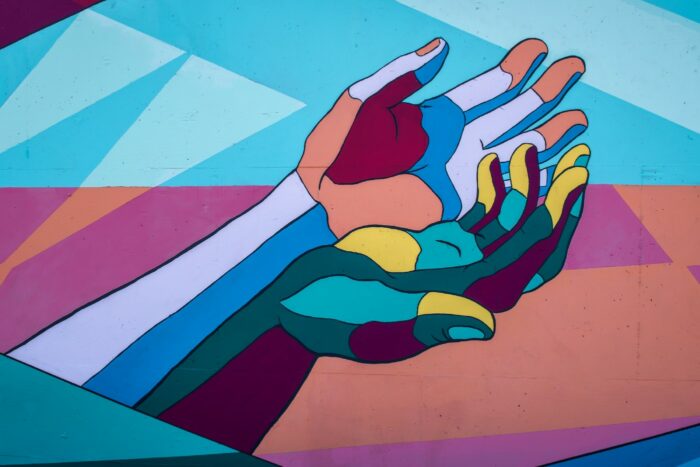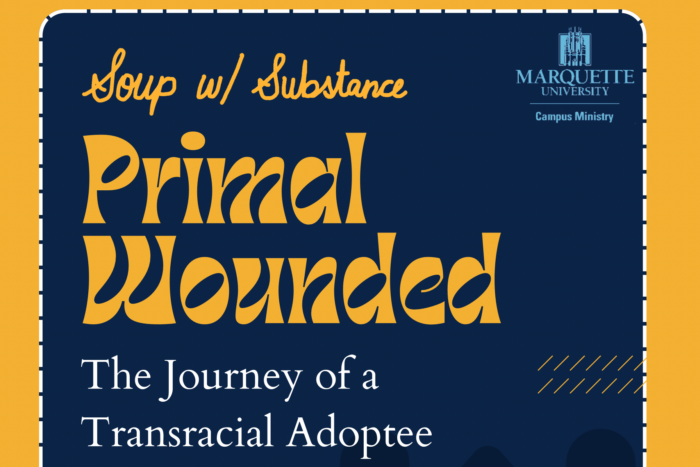
A reflection on the Jacob Blake shooting by Dr. William Welburn, vice president for inclusive excellence
Again, we are confronted by the news of yet another tragedy that causes us great pain and suffering. Our deepest prayers and support go out to the people of Kenosha and the family and friends of Jacob Blake, who was shot by police in the presence of his 8-, 5- and 3-year-old sons this past Sunday evening. We share pain with our students, employees and alumni from Kenosha as they struggle to find meaning in what has happened in their community. And we hope our nursing students studying at our nearby Pleasant Prairie satellite location stay safe amid the unrest in the community.
This year we have been called upon to acknowledge and begin to heal the wounds of racism and racial injustice that have festered for too long. In August 1964, Fannie Lou Hamer famously said that she was “…sick and tired of being sick and tired.” Much has changed since then, but to be sick and tired of being sick and tired over racism has taken on a new meaning as we are tested in patience by levels and degrees of cruelty that challenge the human spirit. The torment of racism has been an affront to an enduring spirit that enables us to stand in solidarity with one another on common ground that we cultivate together.
I feel the pain that Mr. Blake and his family are enduring right now. I feel the bullet wounds. I hear the screaming children. I sense the frustration of a community in pain. Regardless of motivation on the part of the officers involved, I mourn the loss of humanity at this moment in Kenosha at a time when voices from a new generation of leaders across our city, state, and nation are demanding justice and reimagining freedom in our time. That loss of humanity is an act that degrades us as a society. As the author James Baldwin once wrote, “Not everything that is faced can be changed, but nothing can be changed until it is faced.”
We must face injustice in our community, to move from reflection and conversation to action. If we have learned nothing else from the spirit and sacrifices of activists past and present, it is that activism moves mountains. Cultivating the common ground on which we stand is our challenge at Marquette this year.
We can no longer afford to defer the dreams of our brothers and sisters by othering them, ignoring them, disrespecting them or denying their humanity.
We must take seriously the meaning of solidarity by looking out for one another and by calling out those who engage in behavior that causes physical, mental or emotional pain; those who engage in actions intended to devalue life. As Baldwin also wrote in The Fire Next Time, “Whoever debases others is debasing himself.”
This year we need to talk frankly about what just happened in Kenosha. We need to listen to those activists who, inspired by the march from Selma to Montgomery, are marching to Washington, D.C., to give witness to the effects of enduring racism nearly 60 years since the March on Washington. We need to support the voices of those students in our university community who draw from Black Lives Matter to create a just and equitable Marquette. We need to make the dream of an inclusive, beloved community a reality.
Last year we were fortunate to have Paul Butler give the annual Boden Lecture at Marquette Law School. Toward the end of his book, Chokehold: Policing Black Men, the Georgetown Law School professor quotes a very brief poem by Langston Hughes:
“What happens to a dream deferred? Does it dry up like a raisin in the sun? Or fester like a sore — and then run… Maybe it just sags like a heavy load. Or does it explode?”
Let us defer dreams no longer.


